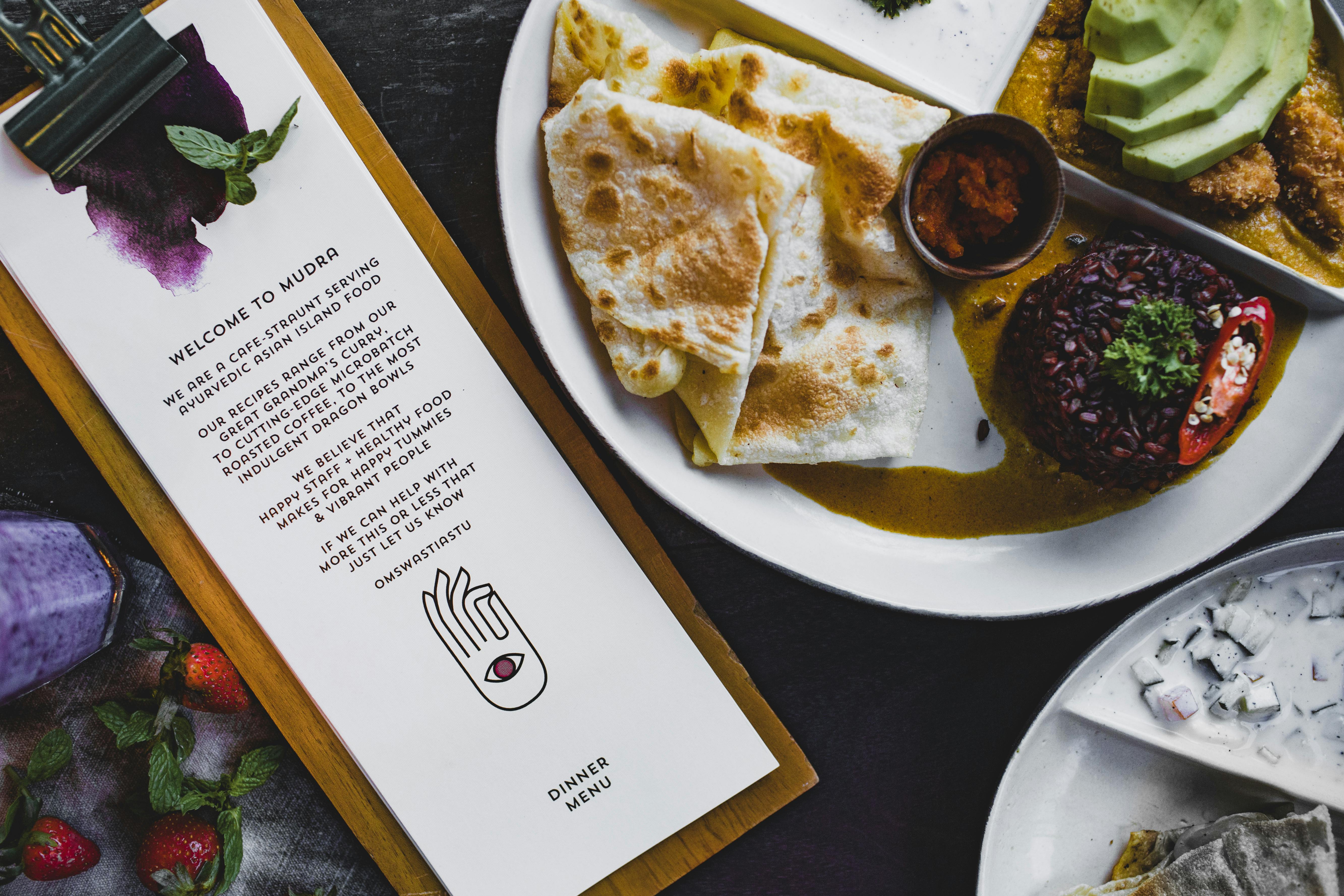
Culinary Arts and Nutrition
Imagine yourself in a room filled with tempting food, jellies, chocolates, cakes, pies, pizzas, and many more delicious dishes. Slurp … I know by now you’re too tempted to go to the market and buy yourself a juicy burger, Coke, and a tub of ice cream or you’re ready to order pizza instead of reading.
Just for a moment, think of the chefs who linger in the kitchen all day laden with delicious cuisines that exude aromas so tantalizing and seductive. It must be very difficult for them to resist the delicacies they prepare for their customers. On the other hand, if they start trying all the dishes they prepare, it will be extremely difficult for them to maintain good health.
It is said: “People judge a book by its cover”, and the same applies to a cook as well. A fit and healthy chef assures us that he is health conscious and knows all about good and rich cuisine. This may not be true in all cases; some guys are not so lucky. There are plenty of professional chefs surrounded by buttery carbs, rich sauces, creamy puddings, and succulent thin meats but they’re wafer-thin Cornish.
The plump chefs we were once used to are being replaced by much more disciplined, controlled and healthy chefs. There was a time when a skinny chef was not trusted, but today the scene has completely changed. The leaner and fitter a chef is, the more energetic he will be. A chef must be prepared to bounce in the kitchen to do everything right.
As a chef, it is important to taste every dish and every dessert prepared to make sure it is delicious. As you do so, fats continue to settle in your stomach, which in turn makes you fat. To avoid this, it is better to take small bites at intervals. Small meals ensure a better metabolism. Some chefs believe in non-drip foods and enjoy fresh raw fruits, raw vegetables, and lots of water. They also avoid any type of food between lunch and dinner. Lastly, a good 20 minute walk each day. In case you feel hungry at night, have a bowl of cereal.
However, a chef is known for his cooking and meal preparation skills, but his physical appearance and nutritional habits also play a role. Not only does he attract more clients to him, but he is also important for his own good.
Nutrition is also an important aspect of cooking delicious meals. And chefs are no exception to this rule. As they continue their education in the culinary arts, one of the subjects these aspiring chefs study is Nutrition. Here, they learn about the amount of nutritional elements present in each ingredient and how to analyze and determine which foods have how much nutritional value.
Without a doubt, this knowledge helps these chefs a lot to create delicacies that are not only tasty but also healthy for their customers.
